BlackBerry Attempts to Cull Car Hacking With New Software

Blackberry’s real-time operating system QNX is being used in many cars on the road today, but future vehicles will be packing new software designed to keep the vital operations of the car safe and secure.
The QNX Hypervisor 2.0 virtualizes separate operating systems for each component, keeping the infotainment system entirely separated from the rest of the vehicle’s operating systems. That means that even though infotainment and safety critical systems may be on the same compute unit, they will be operating individually from each other.
For example, a vehicle’s instrument cluster will be protected if the infotainment system is hacked or fails, thanks to QNX Hypervisor 2.0.
In QNX’s words, this will allow the car to manage errors and faults better, meaning that individual systems can restart and diagnose themselves without needing to affect other systems. Additionally, QNX points out that items like the infotainment system can be given extra privileges but will allow that to operate individually from systems that are more critical to the act of driving.
SEE ALSO: QNX To Power New VW Infotainment Systems
Over the past few years, researchers have been able to hack a car’s infotainment system and gain access to more critical functions like the brakes, locks and more. That vulnerability has since been patched, but it sent a message to consumers and automakers that car hacking is a serious issue, and QNX seems poised to address those concerns.
QNX is found in many vehicles out there and has inked a deal this year to work with Ford to bring autonomous driving to the masses. However, Toyota recently dumped QNX for Automotive Grade Linux (AGL) citing a need for faster response to customer demands. Now it seems like QNX certainly has responded with its new Hypervisor 2.0.

Sami has an unquenchable thirst for car knowledge and has been at AutoGuide for the past six years. He has a degree in journalism and media studies from the University of Guelph-Humber in Toronto and has won multiple journalism awards from the Automotive Journalist Association of Canada. Sami is also on the jury for the World Car Awards.
More by Sami Haj-Assaad



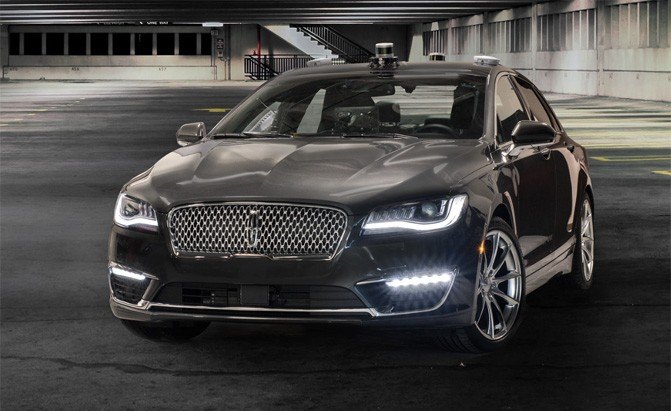




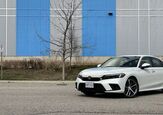









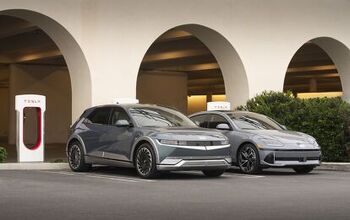




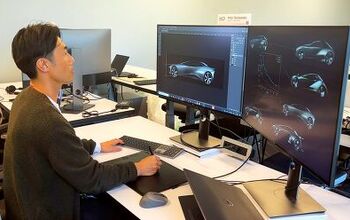



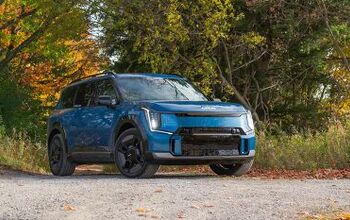
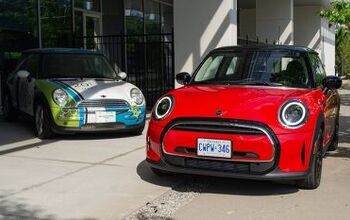

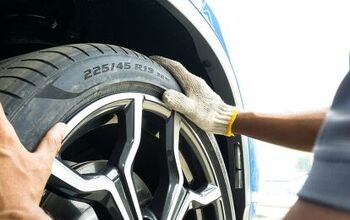

Comments
Join the conversation
This could have prevented the Jeep J1939 Datalink CAN Bus hack possibly or limited the extent to which they were able to control the safety critical systems remotely. So when AGL based infotainment system get hacked or simply fail, the damage is limited to your entrainment and information only if you install this solution. Dumped? really? More like multi sourcing to keep suppliers honest. Very common in automotive sector. Even Apple does it with iPhone via Intel and Qualacomm chips. Now does the consumer have a say in this? Blackberry should start raising awareness amongst the end consumers similar to what Intel did with Intel inside campaign. Look for QNX inside!